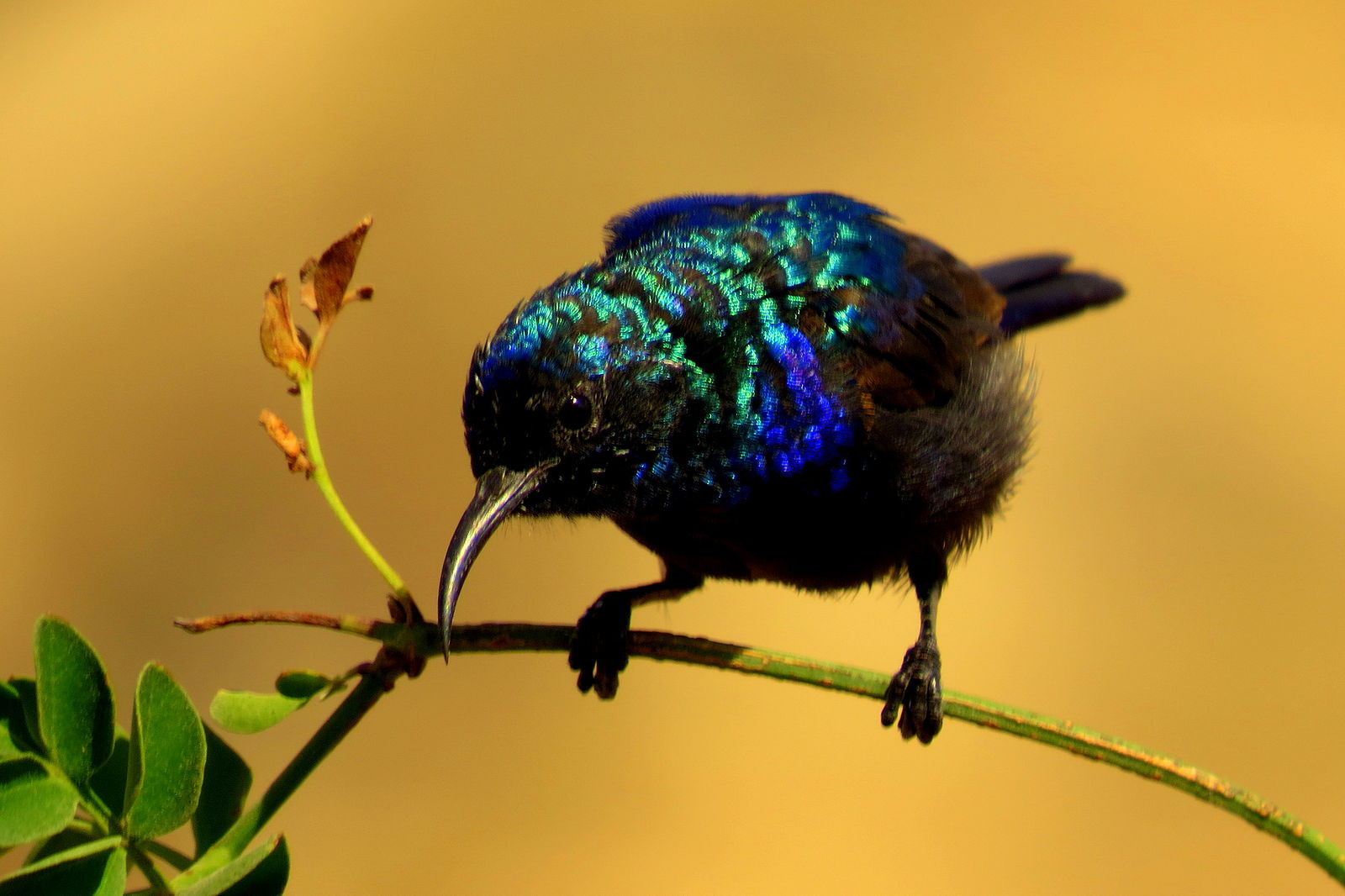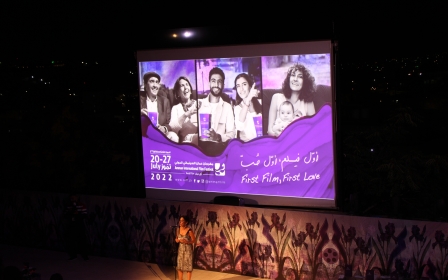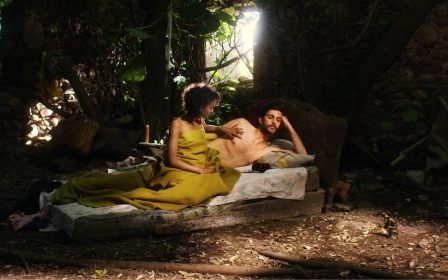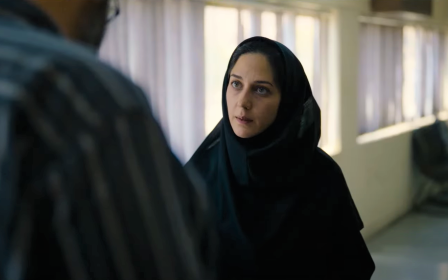'A symbol of resistance': Palestine Cinema Days Festival returns for another year
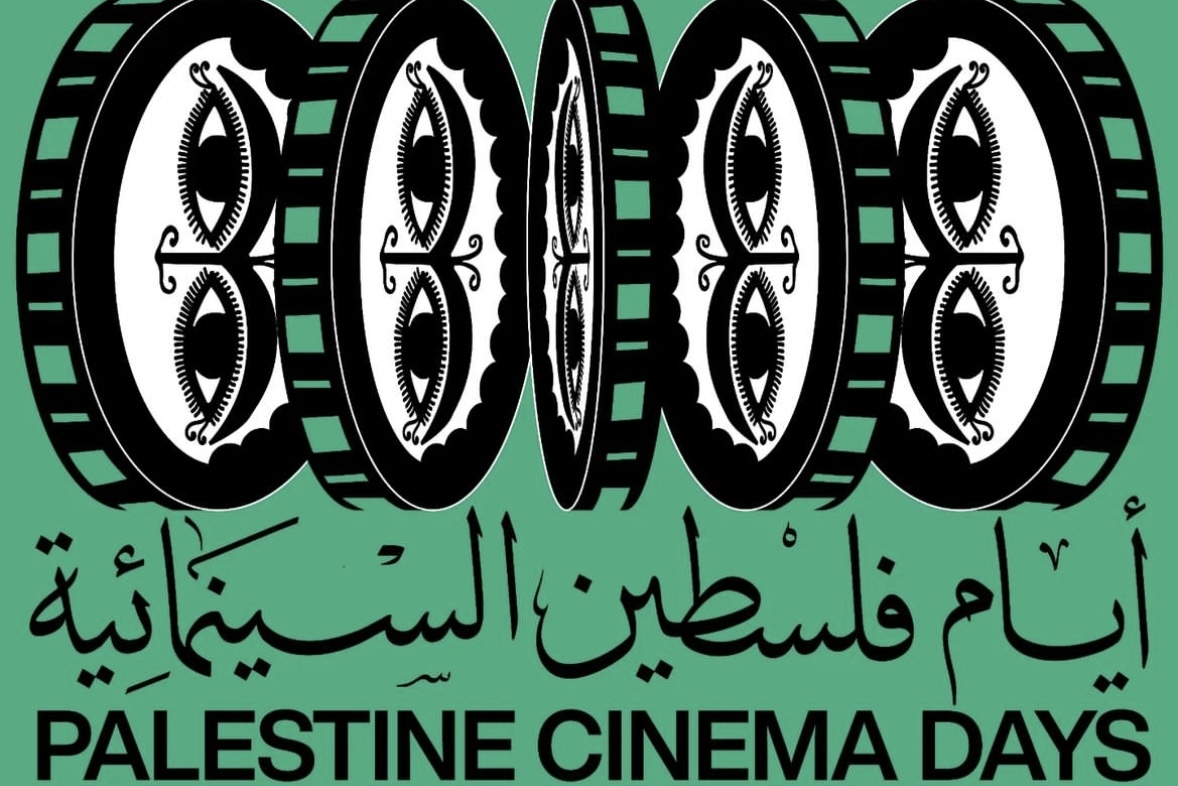
The ninth annual Palestine Cinema Days festival will commence this week on 1 November. The festival, which showcases around 58 films across seven cities in Palestine, will spotlight Palestinian films and stories from around the world.
First launched in 2014, Palestine Cinema Days is the only Palestinian film festival that takes place in Palestine. It was set up by Film Lab: Palestine, an organisation which promotes cinema culture and filmmakers in Palestine.
Typically, the festival takes place in October or November every year, and is aimed at both Palestinian and international audiences.
“We want to revive cinema culture in Palestine and use it as a tool for raising our voices," Khulood Badawi, spokesperson for Palestine Cinema Days, told Middle East Eye.
"We encourage creating more films to be made about our Palestine, based on our narrative," she added.
New MEE newsletter: Jerusalem Dispatch
Sign up to get the latest insights and analysis on Israel-Palestine, alongside Turkey Unpacked and other MEE newsletters
This year’s event will commence with the screening of the Oscar-nominated Palestinian film, Mediterranean Fever, by Maha Haj, from Nazareth.
The film tells the story of an aspiring but depressed writer in Haifa, who develops a relationship with his neighbour - a small-time crook, leading them to encounter many people through their journey.
Maha Haj, the director behind the film, said that it was intended to show different sides of Palestinians and that events such as the film festival are key in allowing people to see and appreciate the different people that exist in the country .
“Art is not a luxury so it shouldn’t be neglected in Palestine," she told Middle East Eye.
"Events like this festival emphasise the fact that this is a nation that has a passion for life and that they haven’t given up on the use of art as a medium to voice their narrative”
Putting Palestine on the map
The Palestine Cinema Days Festival is seen as a milestone in the Palestinian cinema industry. The festival's audience is one of the largest and most diverse to attend and participate in a cultural event in the country.
The event is set to bring together cinema enthusiasts in seven Palestinian cities including, Jerusalem, Ramallah, Bethlehem, Jenin, Haifa, Gaza and Rafah. Last year, the event only took place in five cities.
“We aim to put Palestine on the map of the international cinema and film industry, whilst reviving cinema and film in Palestine,” Badawi told MEE.
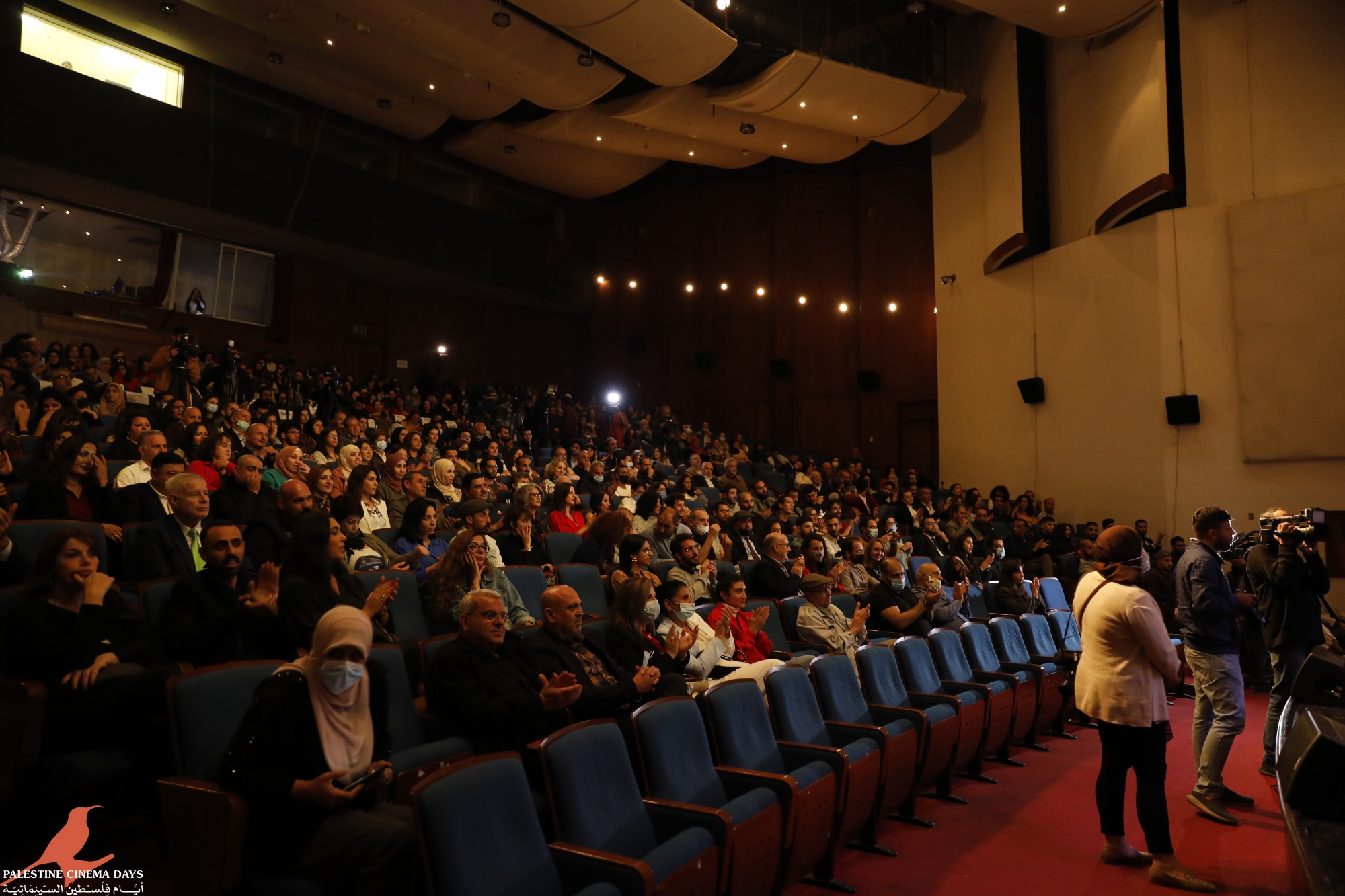
The festival is known for offering a unique programme that includes world-famous film screenings, and interactive sessions for adults and children.
As Badawi mentioned, “We don’t want people to just come to the cinema theatres and go home and forget what they’ve watched. So every year we insist on having panel discussions, professional film workshops and networking opportunities for guests and attendees."
A new highlight of the film festival this year will be the subprogram, Voicing Visual Memory, taking the 40 years anniversary of the exodus of the Palestinian Liberation Organization (PLO) from Beirut as a turning point of the narrative and visual cinematic expression.
The subprogram will include the screening of films from that period, a book launch and panel discussions with distinguished speakers like Leila Shahid, Professor Hamid Dabashi, Nadia Yaqubi and Dr Ehab Besseiso.
Another highlight this year is a masterclass with Egypt-based renowned Palestinian producer Hussein El Qalla, whose classic films are seen as iconic in Egyptian cinema.
Paying homage
Many creatives have come together to make the festival what it is today. With members of Film Lab: Palestine, the board of directors and the festival’s organising team themselves being filmmakers and industry creatives.
This year's festival’s poster pays homage to the Syrian artist and designer Burhan Karkutli (1932-2003), whose work is considered representative of the Palestinian resistance and its visual landscape.
The poster is intended to present film as a kind of memory, often perceived as a vulnerable yet enduring format that carries stories and can only be solidified through constantly revisiting this ever-changing moving image and commemorating it.
A symbol of resistance
This year will be also be the sixth year running of the Sunbird Competition Awards at the Palestine Cinema Days festival.
The awards celebrate Palestinian and foreign productions related to Palestine with three categories for awards: shorts, documentaries and production.
These three competitive sections aim at highlighting the finest new short films, feature-length documentaries, and promising short film projects related to Palestine, with a cash reward for winners of each category.
The award itself is an indication of the success of the festival, motivating participants for six years and being funded entirely by the ticket sales of the festival.
The awards’ trophy was designed by artist, designer and filmmaker, Khaled Jarrar, and was inspired by the Palestine sunbird.
For Badawi, the bird is symbolic.
“The sunbird has been pushed out of the diminishing green spaces in Palestine and has been forced to live in the growing grey urban overcrowded spaces," she explained.
"Against all odds, the bird managed to stay alive and cope outside of its natural habitat and as a result, this small Palestinian bird has become a symbol of resistance and resilience."
With a unique selection of films and experiences for Palestinian and international audiences of ranging ages, the Palestine Cinema Days festival is set to offer a rich and relevant programme. Many of the films highlight the reality that Palestinians face and pressing matters that impact young people on the ground.
Badawi stated that one of the most important things for the team is inspiring hope through cinema. "I want the audience to take these opportunities and benefit from them, and to give some hope to Palestinian people."
Middle East Eye delivers independent and unrivalled coverage and analysis of the Middle East, North Africa and beyond. To learn more about republishing this content and the associated fees, please fill out this form. More about MEE can be found here.


